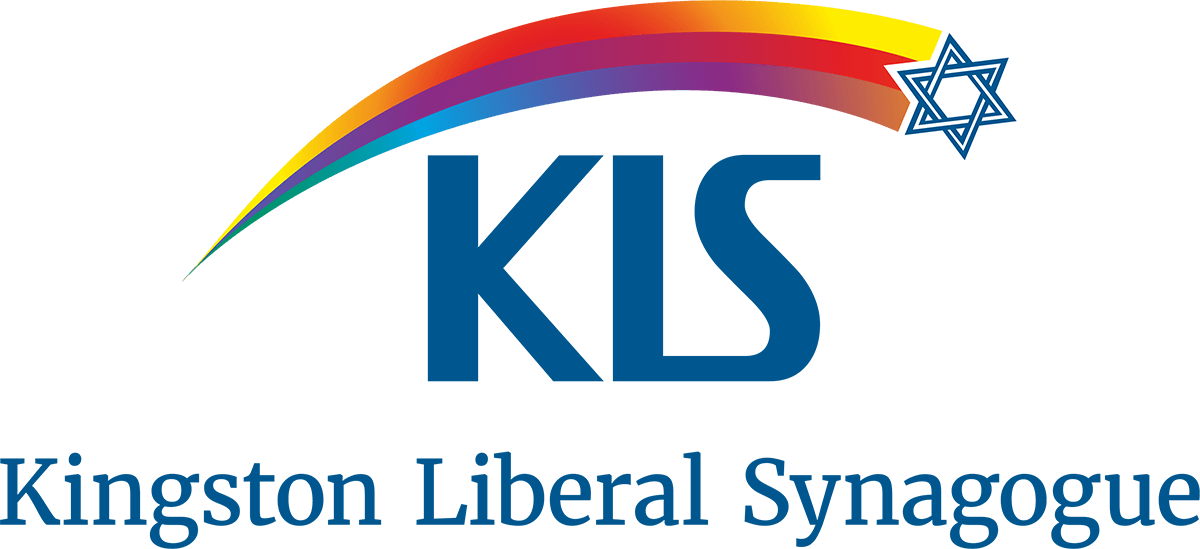Towards the end of last week’s Torah portion, we read that “Isaac and Ishmael buried Abraham in the cave of Machpelah” (Gn. 25: 9). After years of strife and rivalry, Abraham’s sons managed to set aside their grudges to honour their father.
Dysfunctional families
The story of our forebears reveals dysfunctional families. It started with Abraham and Sarah’s siblings, and it continues this week with Jacob and Esau who are described by the Torah as agitated in their mother’s womb. The Eternal said to Rebekkah, “two peoples are in your womb and two nations shall be separated from your innards. One nation will prevail other the other nation, and the elder shall serve the younger” (Gn. 25 :23).
Why is it so? Is it some sort of curse that befalls human families that never will achieve peace? Is it a way to tell us that frictions and discord are the natural order for us humans? What is Torah trying to tell us?
As you know, Judaism is a rather pragmatic religious path. Our main source, the five first books of the Bible, talk about human relationships not in an idealistic manner, but as they are, as we are: flawed, and yet capable of grandeur; prone to do bad things, and yet creative and capable of love.
When Rebekkah feels the twins fighting in her womb, she cries out, why is this happening to me? And she went on inquiring the Eternal, who pronounces this famous sentence, two peoples are in your womb.
Why was she crying out? Was she in pain? Or was she foreseeing the subsequent conflicts between the two brothers? Probably a combination of both.
Two peoples fighting in one womb is a perfect image to describe our societies. The world is no better nor worse than in the past. The Marxists have interpreted the infightings as class struggles. Before that, during the French Revolution, the division of the society in three orders was called into question. Today, two conflicting ideas of what America represents are currently battling in the US. The examples are many. We could also add Israel and the divisions between religious and secular, between Ashkenazi and Sefardi.
And yet, in order to function, a group, or a society, needs a unifying principle, a set of ideas around which most people can rally.
There is today a great danger for humankind: to see our differences as a threat, as a source of conflict, rather than using them as a way to enrich ourselves and humanity.
Remembering Rabbi Lord Jonathan Sacks

The British Jewish community has lost very recently one of its major voices, Rabbi Jonathan Sacks. He was a prolific writer, a Rabbi able to see beyond divisions what makes us all part of a same body. In a recent interview, Rabbi Sacks summarized the tension between a particular identity and the universality of our humanity in a very simple, and yet profound way. He said, “By being only what I can be, I give humanity only what I can give. It is my uniqueness that allows me to contribute something unique to the universal heritage of humankind”[1]. It is important for us to remember, and also to tell others, that we shouldn’t feel threatened by a different opinion. It only enriches us.
I hope you are all coping well during this second lockdown. Use it as an opportunity to think about your unique contribution to humanity, and when you feel lonely in your homes, close your eyes, and think about your neighbours, your friends, who are also alone in their homes, and connect with them. “No man is an island”, as John Donne said. We build bridges to reach out to each other.
[1] https://onbeing.org/programs/remembering-rabbi-lord-jonathan-sacks/
You can watch Rabbi René deliver his message here:
